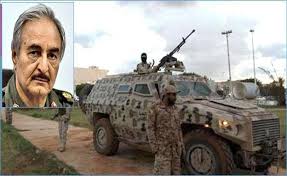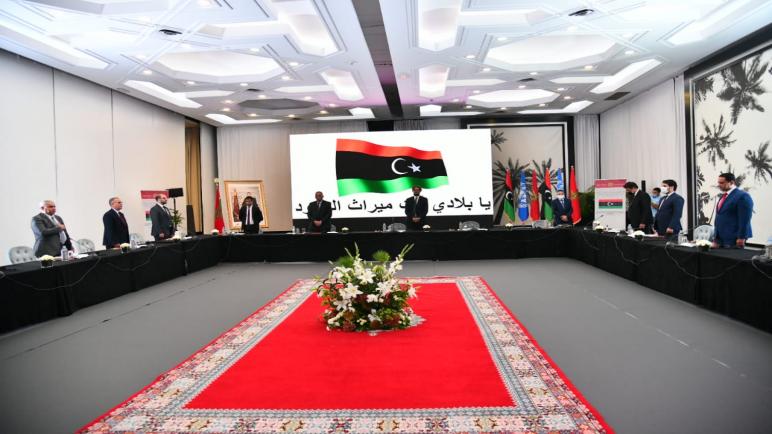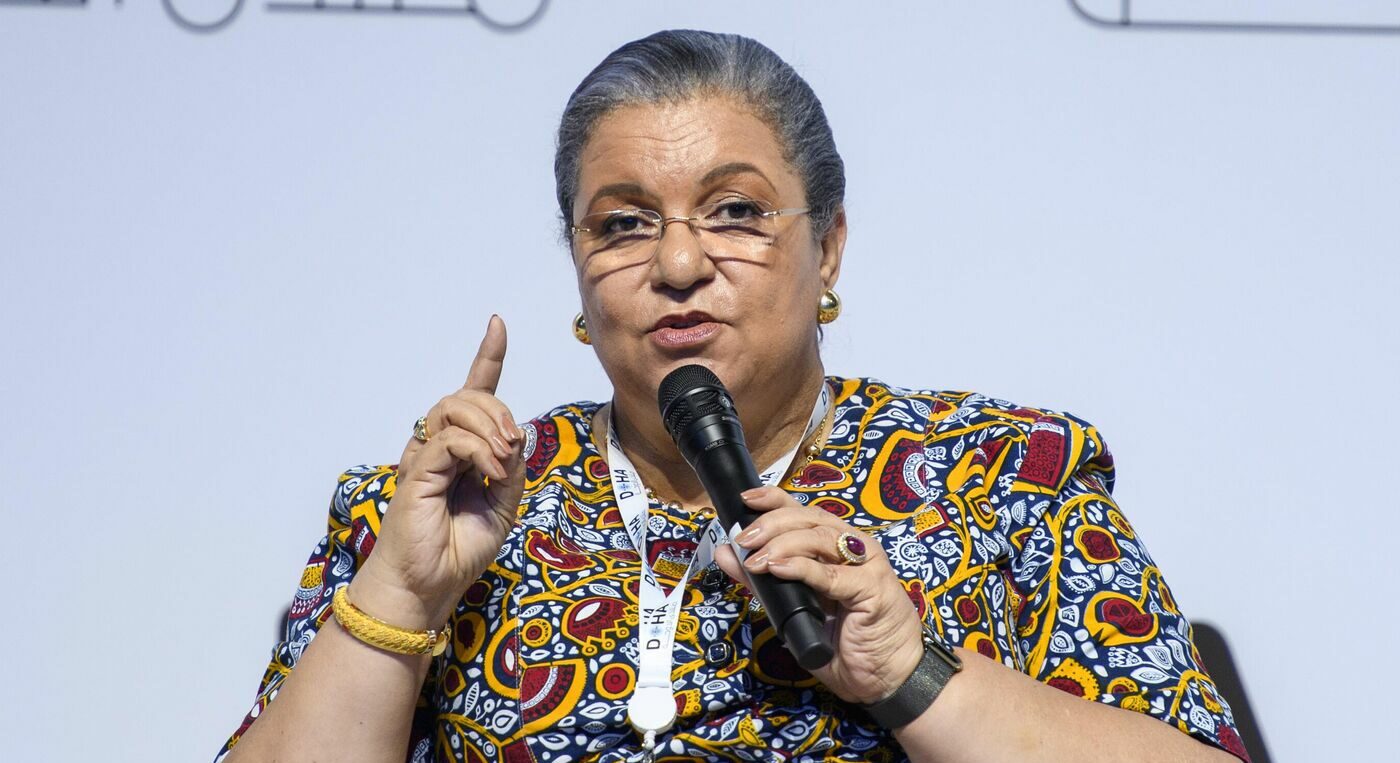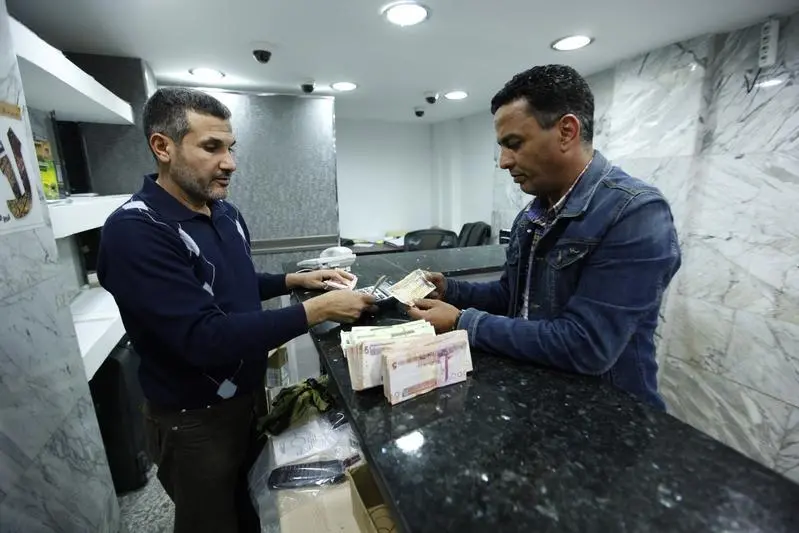 The Libyan Presidential Council (PC) led by designated Prime Minister Faiez Serraj has ordered the mobilization of all its aligned forces to block the advance of the self-proclaimed Libyan National Army (LNA) to the western region of the country in view of “numbing terrorists”.
The Libyan Presidential Council (PC) led by designated Prime Minister Faiez Serraj has ordered the mobilization of all its aligned forces to block the advance of the self-proclaimed Libyan National Army (LNA) to the western region of the country in view of “numbing terrorists”.
Khalifa Haftar, the military strongman and leader of the LNA, which controls the eastern region of the North African country, reportedly ordered his forces to march westward in a move claimed to free the region from terrorists.
The move came following a last month meeting between him and Serraj in UAE where both agreed to avoid military actions and endorse the organization of elections in view of ending years-long transition following the overthrow of Muammar Gaddafi in 2011.
Haftar launched in December another operation designed to flash out terrorists from the south of the country but the PC and critics said it was a cover-up to seize the country’s largest oil field.
The PC on Wednesday issued a statement calling on all its ally armed forces to mobilize in order to thwart the LNA’s march towards the Western region, Libya Express reports.
The looming confrontation will exacerbate UN efforts to bring various political stakeholders to a dialogue table that is planned for mid-April.
UN Secretary-General António Guterres expressed this Thursday from Libya his ‘deep concern’ by risk of fresh military confrontation as forces based in the east are reportedlt advancing towards the Libyan capital, Tripoli and urged restraint.
Secretary-General António Guterres is on a visit to Libya, in support of the internationally-recognized Government’s efforts to bring rival leaders across the country together, for a national reconciliation conference, ahead of democratic elections later in the year.
The UN chief tweeted that he was “deeply concerned by the military movement taking place in Libya and the risk of confrontation” adding that: “There is no military solution. Only intra-Libyan dialogue can solve Libyan problems.”
According to news reports, Commander Khalifa Haftar, who leads a rival administration through the Libyan National Army in eastern Libya, which in recent weeks has been advancing to take control of territory in the south, has instructed his forces to move west, in pursuit of what he has reportedly described as terrorist elements.
Guterres had expressed hope that a solution to Libya’s instability, civil conflict, and economic turmoil since the fall of former dictator Muammar Gaddafi in 2011, could be found, following an historic meeting between Prime Minister Faiez Serraj, and Commander Haftar, at the end of February.
The two leaders agreed to national, democratic elections, and “ways to maintain stability in the country, and unify its institutions”, according to statement from the UN Mission UNSMIL.
Serraj last week chided Haftar noting that Libya will not accept any military and power-sharing solutions to the oil-rich country’s political fragmentation.
“There will be no military solution to the crisis and those who are threatening military actions should replace them with wisdom and dialogue for the good of Libyans.” Serraj had said.


